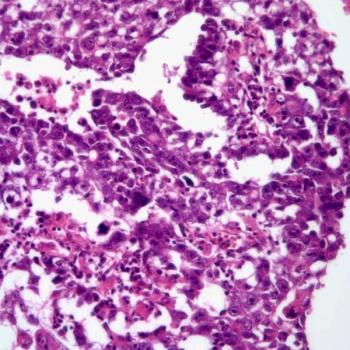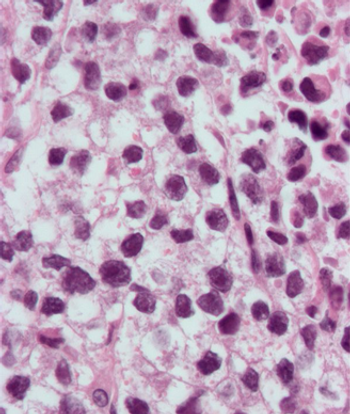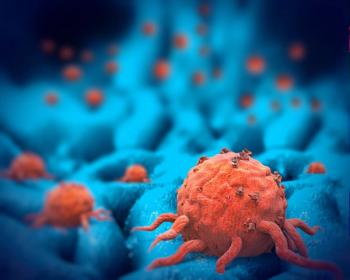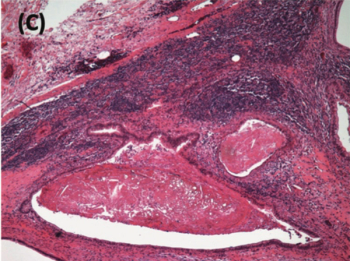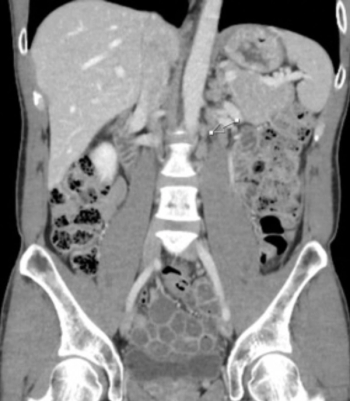
- ONCOLOGY Vol 13 No 10
- Volume 13
- Issue 10
Roswell Park Researchers Studying Health Effects of Chernobyl Accident
Researchers from Roswell Park Cancer Institute, Buffalo, New York, are part of an international group studying the long-term health effects caused by the 1986 destruction of the nuclear reactor at the power plant in Chernobyl, Ukraine. The
Researchers from Roswell Park Cancer Institute, Buffalo, New York, are part of an international group studying the long-term health effects caused by the 1986 destruction of the nuclear reactor at the power plant in Chernobyl, Ukraine. The subsequent leak exposed thousands to radiation and contaminated farmland in both the Ukraine and Belarus.
Philip McCarthy, MD, Division of Medicine; Arthur Michalek, PhD, dean of the Graduate Division; and Kirsten Moysich, PhD, Cancer Prevention, Epidemiology and Biostatistics; are working on the Leukemia Case Control Study of the Ukraine to determine whether chronic, low-level exposure to radiation causes cancer. The US Navy, which is interested in the long-term effects of radioactive exposure because of the number of sailors exposed to radiation during the course of their careers, is funding the study, which represents an international collaboration among the United States, Ukraine, Belarus, former Soviet Union, and Israel.
Correlation Between Low-Level Radiation Exposure and Cancer?
We expected to find and have found increased levels of cancer of the thyroid, the most radiation sensitive organ in the body. We are currently looking at acute lymphoblastic leukemia because we believe it may be radiation sensitive. We do not know what other cancers may result, but we may look at bone, breast, and testicular cancer and infertility issues in this region in the future, said Dr. Michalek.
The study is specifically examining persons who were under 6 years old at the time of exposure. Each confirmed case of acute lymphoblastic leukemia is interviewed and a dose of radiation exposure is calculated for that person. To date, 139 patients with acute lymphoblastic leukemia and 219 controls have been identified and interviewed. The goal is to find 280 acute lymphoblastic leukemia cases and 560 controls in the Ukraine. The data from this population will be pooled with similar studies in Belarus and the former Soviet Union to see whether low, medium, or high exposure affects health.
The study should be completed in early 2000 and initial results should be available in later in that year. I dont know if we will find any correlation between low-level exposure to radiation and cancer. This does offer an opportunity to learn about the long-term effects of radiation and help the people who were affected by the explosion, said Dr. Michalek.
Articles in this issue
over 26 years ago
Radiation Effective in Treating Early Prostate Cancerover 26 years ago
Participants in Chemotherapy Trials Incur Minimal Excess Costover 26 years ago
Medical Records and Privacyover 26 years ago
Radiofrequency Ablation Shows Promise for Inoperable Liver TumorsNewsletter
Stay up to date on recent advances in the multidisciplinary approach to cancer.


